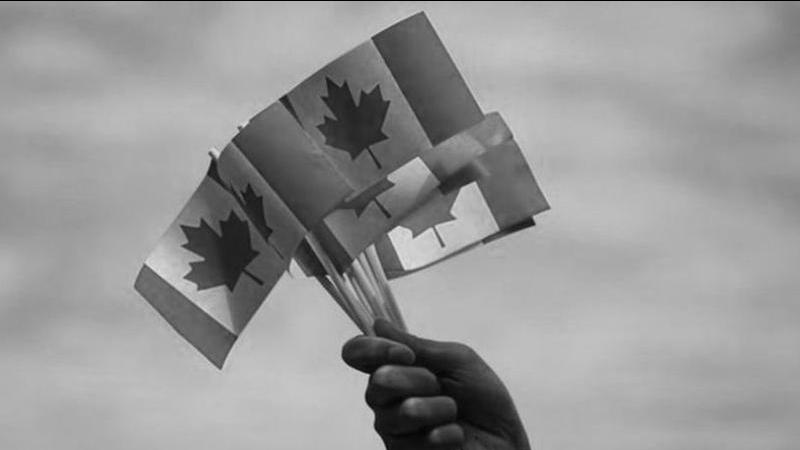
July 1 a ‘day of hurt’ for Red Deer Indigenous leader
RED DEER, AB – “I can’t anymore refer to that day as… it’s July 1,” laments an emotional Raye St. Denys. “It’s a day of hurt.”
Executive director of Red Deer’s Shining Mountains Living Community Services, and president of the local Métis Historical Society, St. Denys is Cree-Métis and a Métis Elder.
Asked about Red Deer’s Canada Day celebrations being cancelled, St. Denys can’t bring herself to even utter the holiday’s name.
“Métis, First Nations and Inuit children were all in those (residential) schools, and Métis, First Nations and Inuit children died there. They were buried in unmarked graves without ceremony. They were abused in every possible way humans can think of to do to children,” she bared, reflecting on recent announcements.


